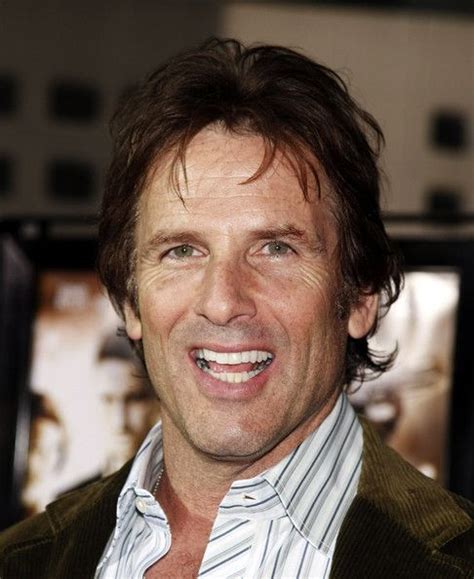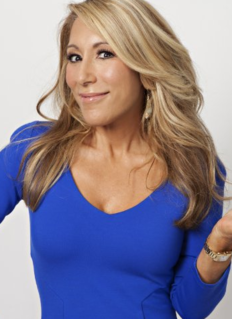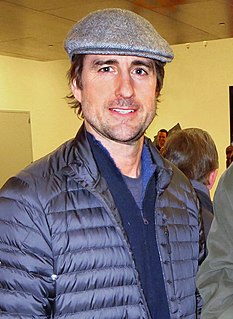A Quote by Joss Whedon
If something isn't working, if you have a story that you've built and it's blocked and you can't figure it out, take your favorite scene, or your very best idea or set-piece, and cut it. It's brutal, but sometimes inevitable.
Related Quotes
It's like you might have some great scene that you love but for some reason - and you can't necessarily put your finger on it - the movie's not working or it seems slow or ponderous in some way, and even though it has your favorite scene in there, actually the favorite scene is the culprit. That's the painful thing about editing, is trying to locate those things that are holding the movie back and then having the guts to cut them. And it is painful to do it.
Before I published my first book, I worked for a while as a documentary and wedding/bar mitzvah videographer, and a part of me still mourns the lost filmmaker I'll never be. Working on a documentary is nearly the opposite artistic process to writing: as a writer you are always trying to fill out a world to fit your story, but as a documentarian your work is to carve a story out of the world. Sometimes, when I'm feeling particularly blocked at my computer, I miss the days when I could just point my camera at something interesting and wait to see what happens.
If the idea is you're working at a job solely to pay the bills because you have ambitions to do something else, if you're not actively trying to do that other thing, you've gotta make sure you're doing that. Sometimes you've gotta take away your own safety net. But if you feel miserable in a day job, in any job, get out of that. Look for something else. Stay in that job until you have the other thing set up, and then go to that other thing. But sometimes you've just got to jump out with a parachute and trust that you're going to land someplace safe.
Sometimes people that are very good at improvisation in life, meaning like stage improvisation, aren't good in films because you have to ultimately take a scene where it needs to go. It's not about just saying something that's funny. You can say something funny but if it's not on story or driving the scene to its end it's really not very helpful at all.
You want to take yourself seriously, and you want to make something that you hope will have resonance with the audience. You want to bring your perspective and what you consider your talent to that piece of work, and you move forward in that direction. Sometimes that's easy, and sometimes it's met with resistance because you're dealing with situations where, for everybody else, it's a piece of business.
Certainly as an actor, half of your work is not going to end up on the screen anyway, because in the editorial process, they need to cut to the other actor in the scene. Very often, your best work ends up on the cutting room floor, because it just doesn't work with the overall narrative drive of the story.
First you document your idea. You should be comprehensive, but that doesn't mean you have to produce a doctoral thesis length plan. Rather you want to make sure you have touched all the different things that have to happen to succeed. Then, you evaluate your approach. The goal here isn't to figure out if your idea is good or bad, but rather to begin to figure out what are some of its weakest elements.
Experimental novels are sometimes terribly clever and very seldom read. But the story that appeals to the child sitting on your knee is the one that satisfies the curiosity we all have about what happened then, and then, and then. This is the final restriction put on the technique of telling a story. A basic thing called story is built into the human condition. It's what we are; it's something to which we react.
I always recommend, if you can, to patent or protect whatever your idea is. If you can't, you have to make your best judgment. Sometimes people don't get anywhere because they sit on something, so afraid to reveal it. And yet, in the reverse, sometimes if you expose something too widely, you can risk losing it.
Sometimes it's not catastrophic. Sometimes you only come to the bottom of your coffee cup. Sometimes you have a good day. No one wants to know. No one wants to tell you about theirs either. You might somehow take it. Turn it against them. See the flaw. You always tell them the whole thing sucks. It keeps you alive. They figure if you're out there having a rotten time, everything's fine and you're doing your part. No one will ever try to take your bad times away from you but they'll come swarming for your happiness.






































